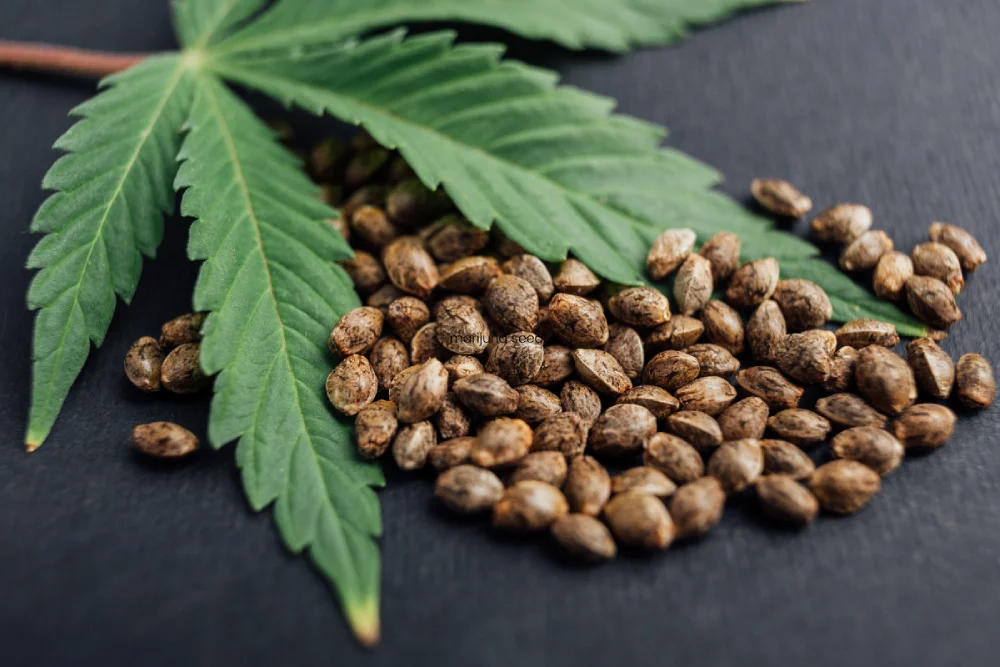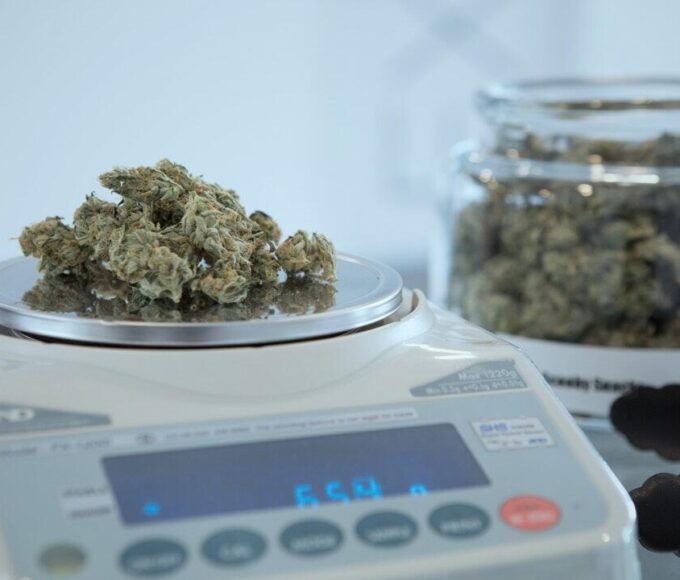Marijuana has long been surrounded by myths and misconceptions, especially concerning its effects on brain health. This article aims to debunk some of the most persistent myths and provide clarity based on the latest scientific research. Dive into the facts as we explore and debunk six common myths about marijuana and brain health, ensuring you are informed with the truth.
Myth 1: marijuana inflicts lasting brain harm
Despite common misconceptions, adults do not suffer permanent brain damage from marijuana use. Studies have shown that while heavy use can impact cognitive functions, these effects are often reversible. For those exploring the effects of different strains, numerous options for marijuana seeds for sale are available online here: https://ganjafarmer.com/.
Studies indicate that adult brains are capable of recovering from marijuana use following a period of non-use. This challenges the notion that marijuana use is inevitably detrimental to long-term brain health. Enthusiasts interested in experimenting with cultivation can find various cannabis seeds online.
It is essential for users to consider the frequency and dosage of their marijuana use, as moderation is key to minimizing potential cognitive impacts. Those interested in different cannabis varieties can purchase seeds online from trusted sellers. This ensures access to quality seeds for personal or medicinal use.
Myth 2: marijuana kills brain cells
The notion that marijuana destroys brain cells is not true, and that fact has been proved by multiple scientific studies. These studies suggest that marijuana does not cause the mass death of brain cells as once feared. For gardeners and researchers, pot seeds sold in the US offer a legal avenue for studying its effects.
In fact, some research points to potential neuroprotective effects of cannabinoids, the active chemicals in marijuana. These substances might protect rather than harm neural health under certain conditions. This insight provides hope and curiosity for those looking to buy cannabis seeds and explore its benefits.
The key to understanding marijuana’s impact lies in further scientific research and controlled use. Consumers can engage in this exploration by purchasing weed seeds for sale from secure and legal sources. This allows individuals to cultivate and study marijuana’s effects firsthand.
Myth 3: young people are at greater risk of cognitive decline
While young people’s brains are still developing, the claim that marijuana use leads to cognitive decline is overly simplistic. Recent research presents varied outcomes, suggesting that genetics and environmental conditions significantly influence this dynamic. For those interested, specific strains designed for research can be acquired through channels where to buy marijuana seeds.
It’s critical for younger users to approach marijuana use with caution, considering the potential for impacting brain development. However, the catastrophic cognitive declines often mentioned in the media are not universally supported by scientific data. For personal research, one can look into where to buy weed seeds to study effects more closely.
Education and responsible use are paramount, especially among younger demographics. For those considering cultivation, cheap cannabis seeds can be a starting point for controlled, educational purposes. Engaging in informed, responsible use allows for a more in-depth understanding of marijuana’s true effects on the brain.
Myth 4: marijuana use leads to lower IQ
It is a common misconception that marijuana use directly results in lower IQ scores. Research shows that while heavy usage during adolescence may be associated with certain cognitive impairments, there is no conclusive evidence that occasional adult use has the same effect. This myth’s persistence underscores the importance of nuanced discussions about the contextual use of marijuana.
Myth 5: marijuana causes irreversible memory loss
Many believe that marijuana use leads to permanent memory loss, but studies differentiate between short-term memory challenges during intoxication and long-term memory function. Chronic users might experience temporary forgetfulness, yet these effects are typically reversible with cessation or reduced consumption. Understanding the subtle nuances between temporary and permanent memory effects is crucial for informed decisions about marijuana use.
Myth 6: all marijuana use is detrimental to brain function
The blanket statement that all marijuana use is harmful fails to consider the complexity of cannabis’s effects on the brain. Scientific investigations have revealed that cannabinoids like CBD may have neuroprotective properties and could benefit brain health in various ways. By exploring these nuanced benefits, we challenge the oversimplified views that often dominate the conversation about marijuana. As we’ve journeyed through the fog of myths surrounding marijuana, it’s clear that not all that glitters is gold—or in this case, not all that is green is grim. Remember, whether you’re lighting up for leisure or digging into the science for some serious study, a pinch of knowledge can cultivate a forest of understanding. So next time you hear a claim about cannabis, take a moment to weed out the myths from the facts, and maybe even share a nugget or two from this enlightening exploration.






Leave a comment